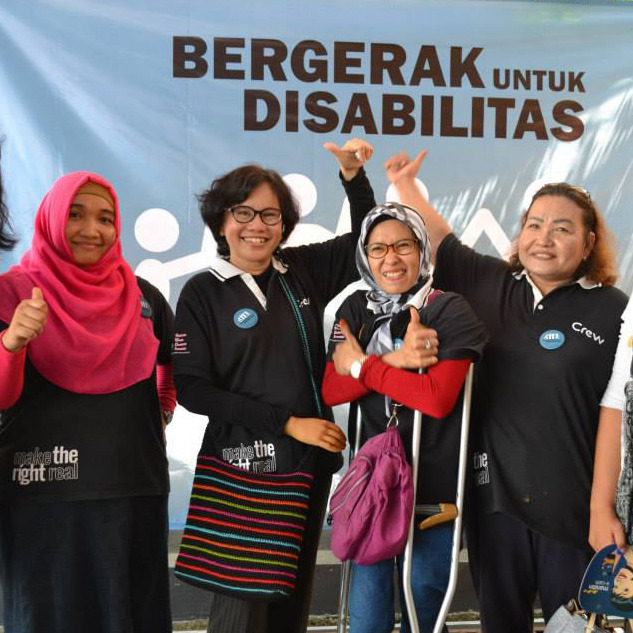
In mid-2023, the Disability Rights Fund (DRF) commissioned an external independent evaluation in three countries: Fiji, Indonesia, and Nigeria. Designed through a participatory process and guided by DRF grantees and staff, the evaluation explored how organizations of persons with disabilities advocated for significant changes. This exploration included the possible contributions of DRF’s technical assistance and efforts to support diversification of the disability movements.
Read our external evaluation Spotlights —case studies grounded in rigorous quantitative and qualitative data collection methods led by external evaluators in partnership with disability movements in these countries:
What We Learned
Grantees reported the value of DRF’s technical assistance contributions, both at the individual and organizational levels. Grantees, including those representing persons with disabilities marginalized within the disability movement, gained confidence to fight for their rights, network with other actors, and participate in international forums and events. Their movement building would lead to successful advocacy efforts, from passing disability rights acts to creating inclusive COVID-19 responses. In these three countries, they shared how they became partners of national and local government officials and other key players in the development of disability-inclusive development agendas. The evaluation also found that advocacy achievements became a platform and a positive precedent for future inclusive initiatives and policies.
